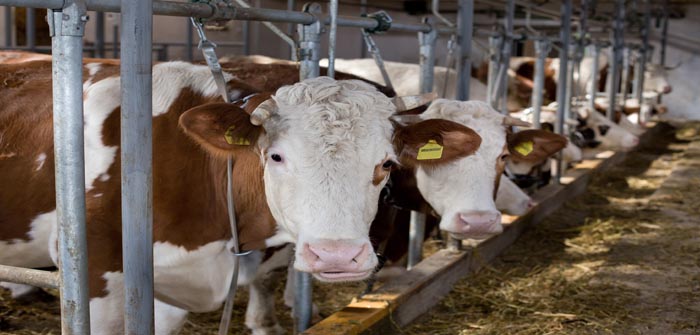The British Veterinary Association (BVA) has called for renewed vigilance and responsible sourcing after Defra and Scottish Government announced that a number of cattle in a consignment from an assembly centre in France have tested positive for Bluetongue virus BTV-8.
The animals entered the UK earlier this month destined for four farms in England (Preston and Kendal) and two locations in Scotland. The virus was detected in some of the animals during routine post-movement tests.
All of the animals that have tested positive for the virus or that are at high risk of being infected will be humanely culled on farm, and restrictions have been placed on each of the four farms.
BVA, the British Cattle Veterinary Association, Sheep Veterinary Society and Goat Veterinary Society have stressed the importance of careful animal sourcing.
BVA senior vice president Gudrun Ravetz said: “It is reassuring that the systems we have in place for post-movement testing have ensured the disease has been detected quickly, and that action has been taken.
“However, it is a grave and timely reminder to all livestock keepers of the importance of responsible sourcing of animals, and of fully understanding the potential disease risks of importing animals from areas where disease is known to be circulating.”
Ms Ravetz added: “Farmers should always consult their local vet and act within their farm health plan when sourcing new animals.
“Bluetongue virus is spread via infected midges and with the mild weather we have been experiencing in the UK this autumn it is essential that farmers, vets and government agencies remain vigilant to the threat of disease spread.”
Signs of the disease include eye and nasal discharge, drooling, swelling around the head or mouth, lethargy and lameness. BTV-8 does not pose a threat to human health, but can have a negative impact on animal health for example by causing infertility or reduced milk yields.


